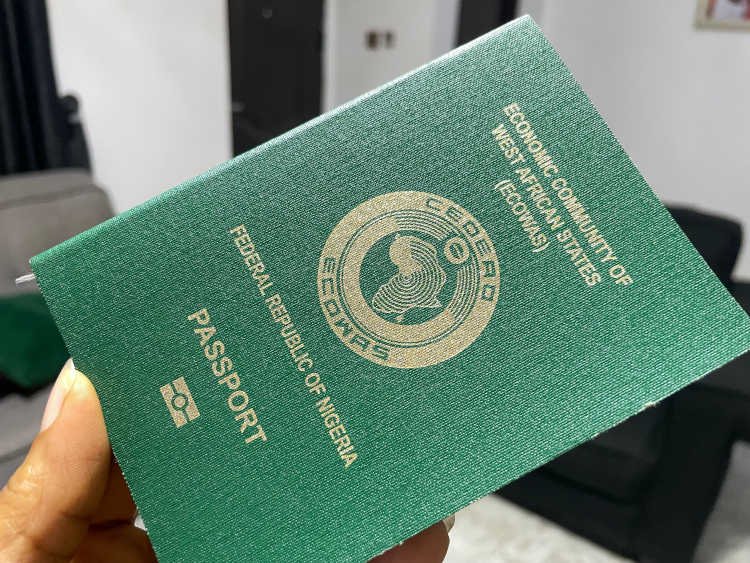The recent decision by the Nigeria Immigration Service (NIS) to increase the fees for obtaining a Nigerian passport is a step that does not resonate well with the current economic realities facing Nigerians.
Development Diaries reports that passport fees have been increased to N50,000 from N35,000 for the five-year validity booklet, and N100,000 from N75,000 for the ten-year validity booklet, effective from 01 September, 2024, according to the NIS.
At a time when the country is grappling with inflation, high cost of living, and widespread economic challenges, such a steep increase in essential service fees places an additional burden on citizens.
For many Nigerians, obtaining a passport is not just a luxury but a necessity, often tied to opportunities for better employment, education, and other avenues for improving their livelihood.
The timing of this increase, therefore, appears poorly considered, as it further stretches the financial capacity of already struggling households.
Unfortunately, the only reason given for the increase is ‘to maintain the quality and integrity of the travel document’.
Citizens are presently overburdened and faced with increased hardship due to the policies of this administration. The question here is, in what way is the government supporting Nigerians during this difficult time?
In what way is the government cushioning the effect of its policies on Nigerians? The increase goes further to show that government does not care about the plight of citizens.
A government that cares about the welfare of its people can actually cushion the effect by ensuring that there are no increases in rates across the board.
The Centre for Human and Socio-Economic Rights (CHSR) has rightly pointed out that this hike is undemocratic and uncalled-for.
In a democratic society, policies that directly impact the citizens’ pockets, especially those related to basic services, should be made with greater sensitivity to their well-being.
The lack of consultation with or consideration for the average Nigerian in this decision is a clear indication of a disconnect between the government and the people it serves.
By unilaterally imposing such a significant increase, the government risks eroding trust and goodwill among the populace, which are crucial for the effective implementation of any policy.
Development Diaries calls on the Comptroller General of the NIS, Kemi Nandap, to reconsider this anti-people decision and engage in meaningful dialogue with relevant stakeholders to find a more balanced and equitable solution.
We also urge the President Bola Tinubu-led government to be more concerned about incentives that will enhance the welfare of the people as well as address the worsening insecurity in the country.





